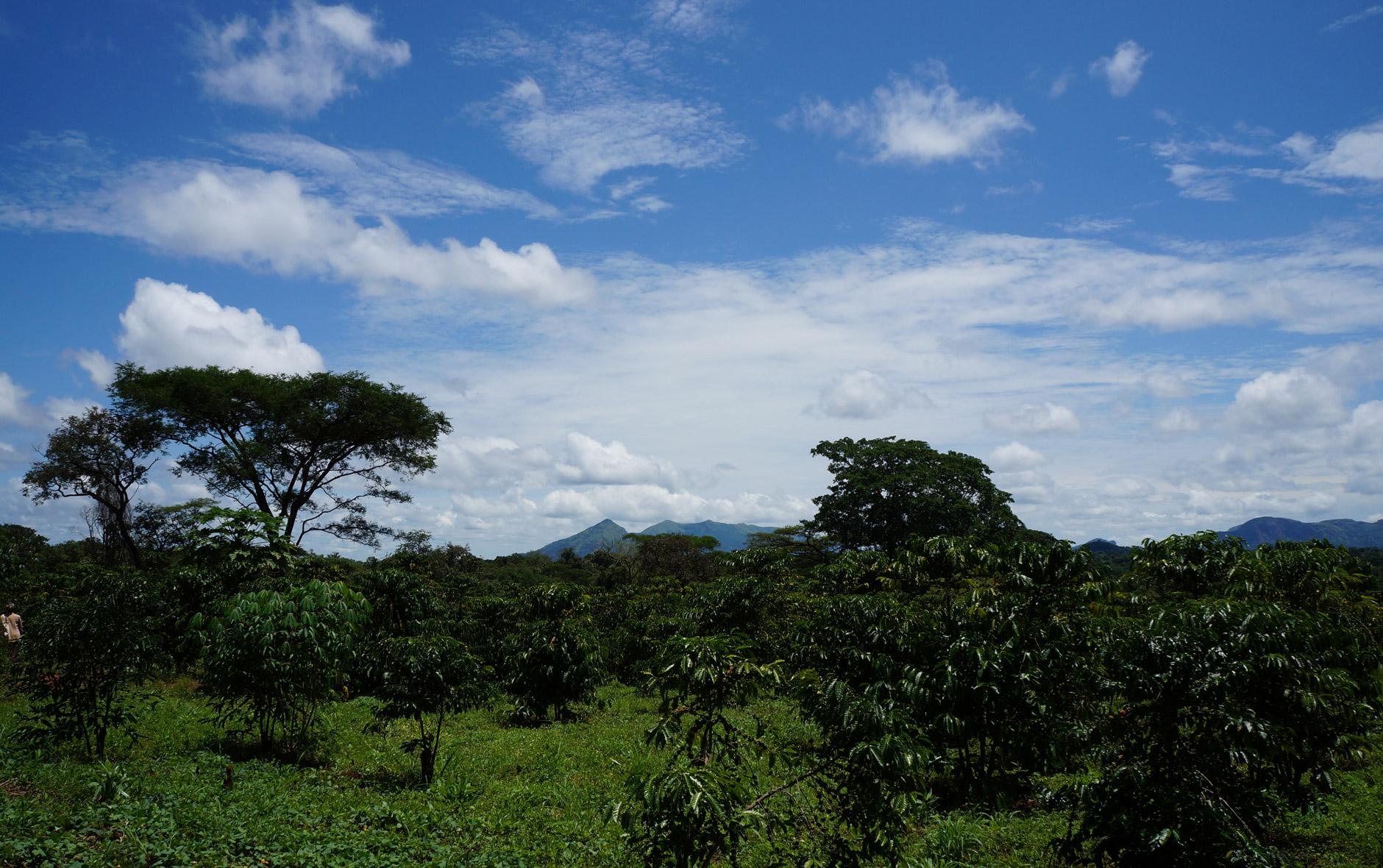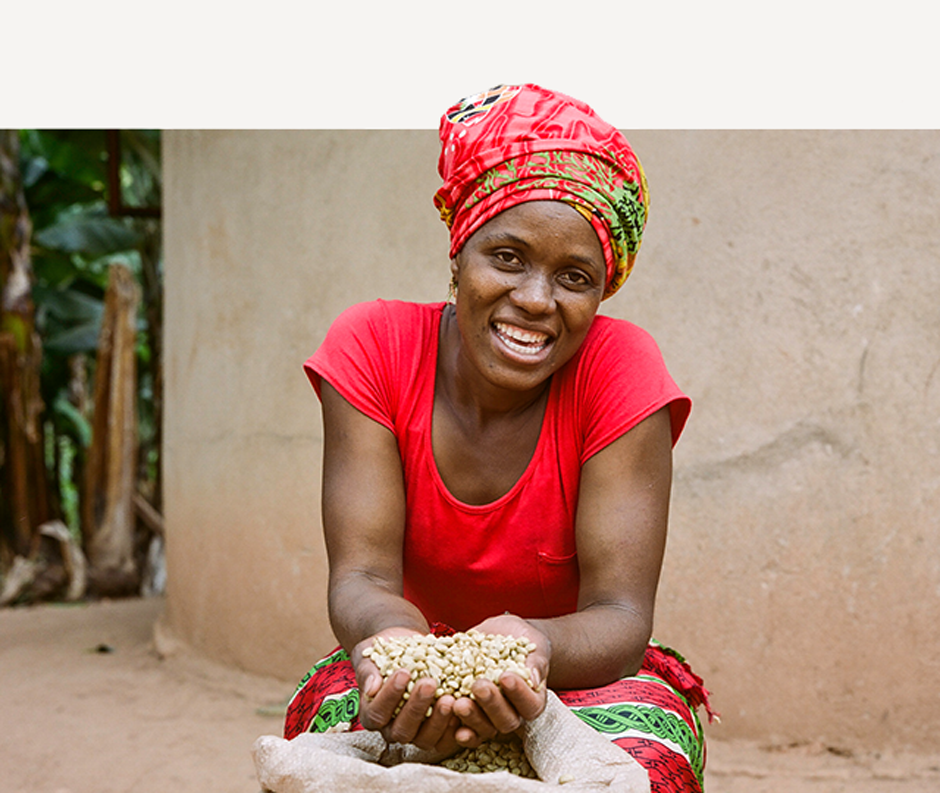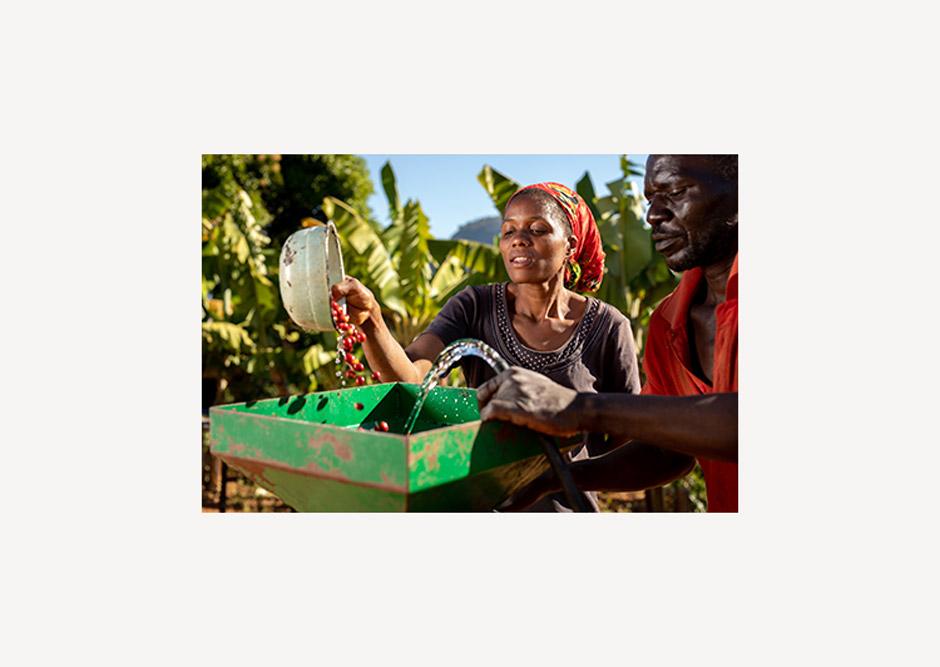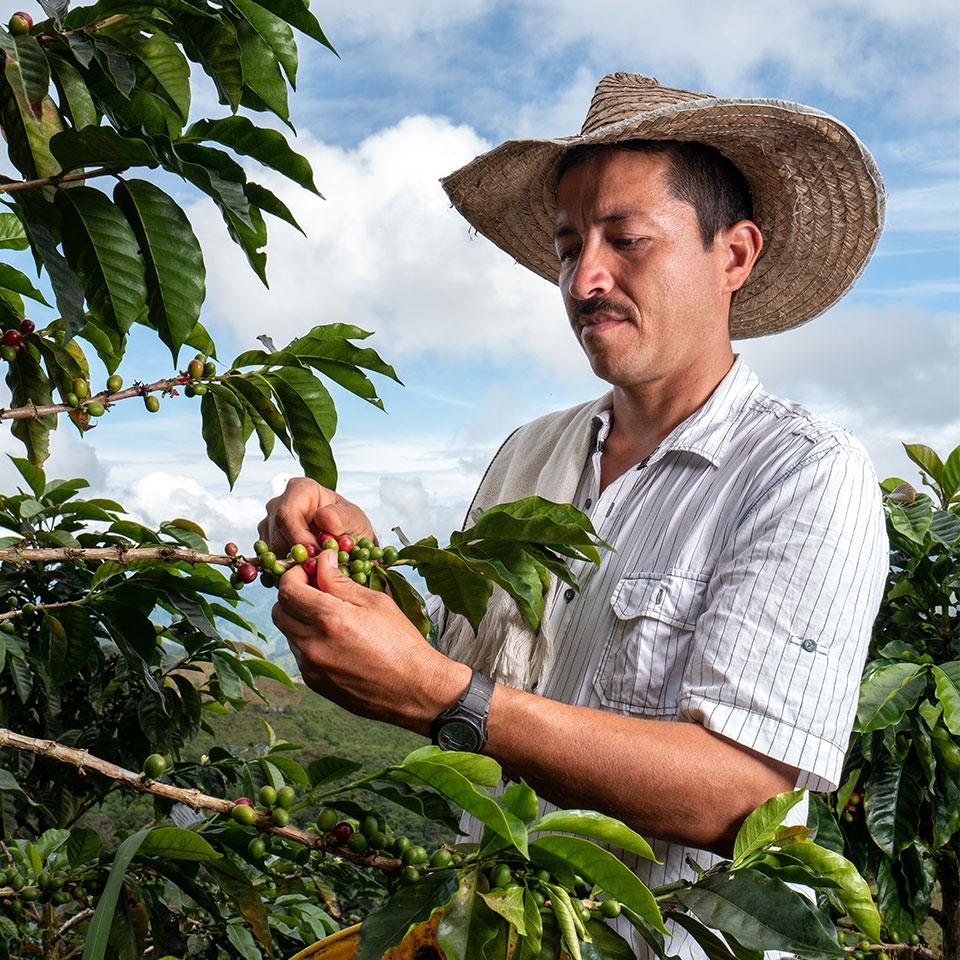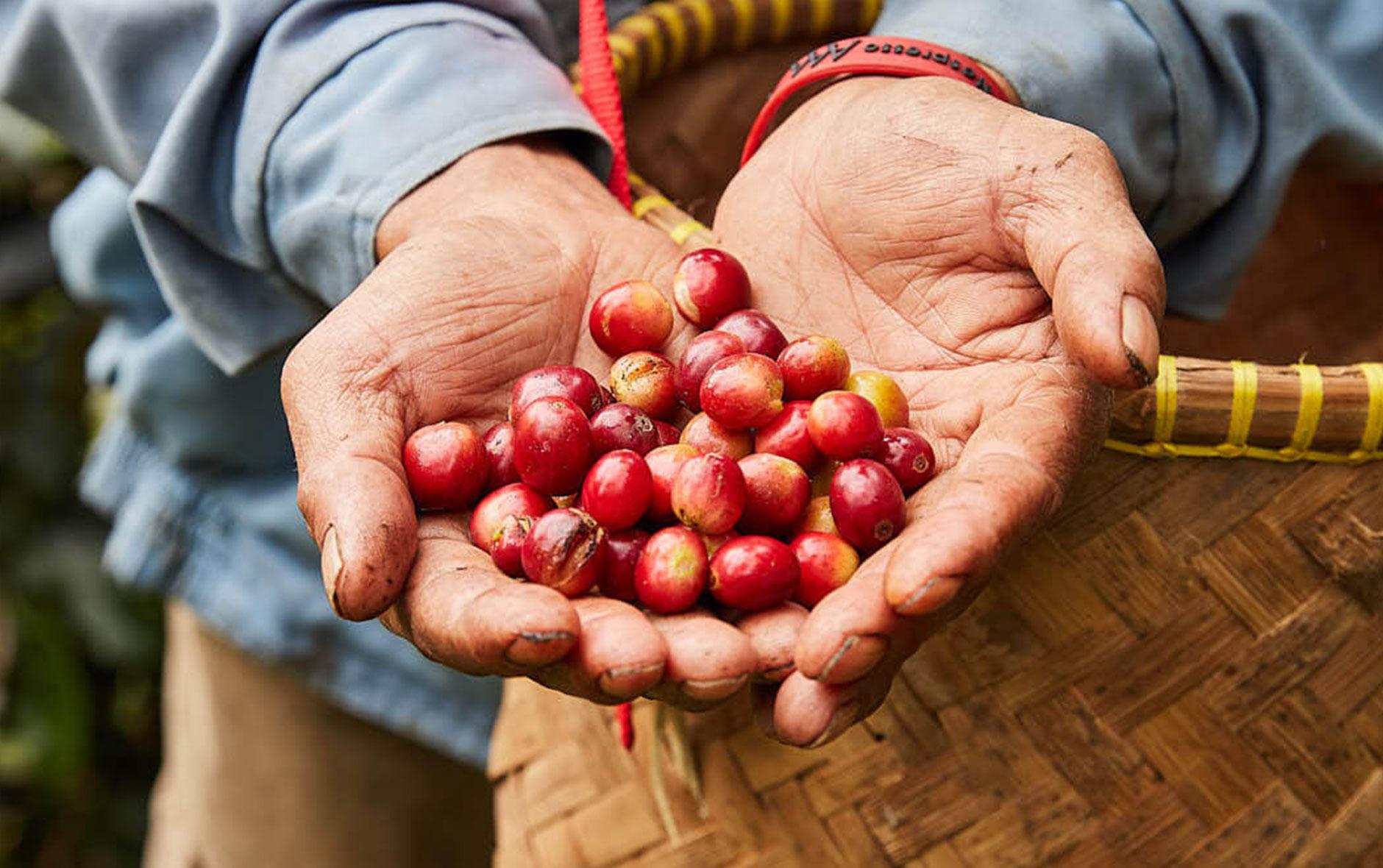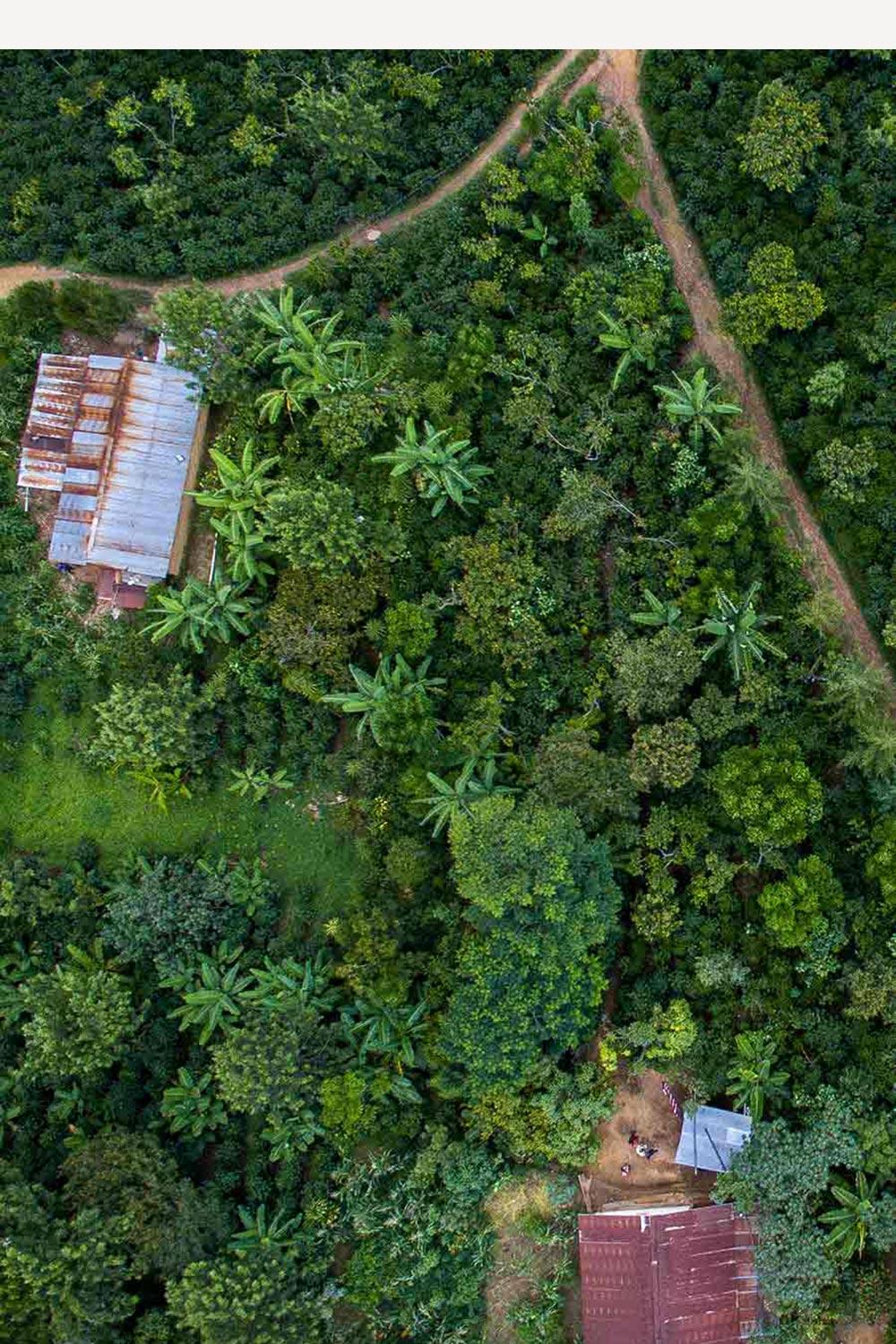Nespresso announced the launch of Reviving Origins, a new programme to restore coffee farming in regions where it is under threat. Through its AAA Sustainable Quality™ Program, Nespresso is working with farmers in regions that have been blighted by conflicts, economic hardships or environmental disasters.
Nespresso is investing CHF10M over the next five years to revive the coffee industries in selected countries with the aim of encouraging rural economic development. The Reviving Origins programme is part of Nespresso’s overall commitment to invest CHF500M from 2014-2020 in its sustainability program, The Positive Cup.
The announcement comes alongside the launch of new single-origin coffees from Eastern Zimbabwe and Caquetá, Colombia. These exquisite and rare coffees are virtually unknown, and have been slowly disappearing for decades. As a result of Nespresso’s investment and the commitment of partners, coffee farmers in these two regions are starting to rebuild sustainable livelihoods, restore their local economies and bring much-needed development to their rural communities.
TAMUKA mu Zimbabwe and ESPERANZA de COLOMBIA will be available from May 2019 in 18 countries.
Jean-Marc Duvoisin, CEO of Nespresso comments: “Through our Reviving Origins program, we have an opportunity to bring back forgotten coffees, boost economic development in regions where there has been significant adversity and share a completely new taste experience with consumers.”

